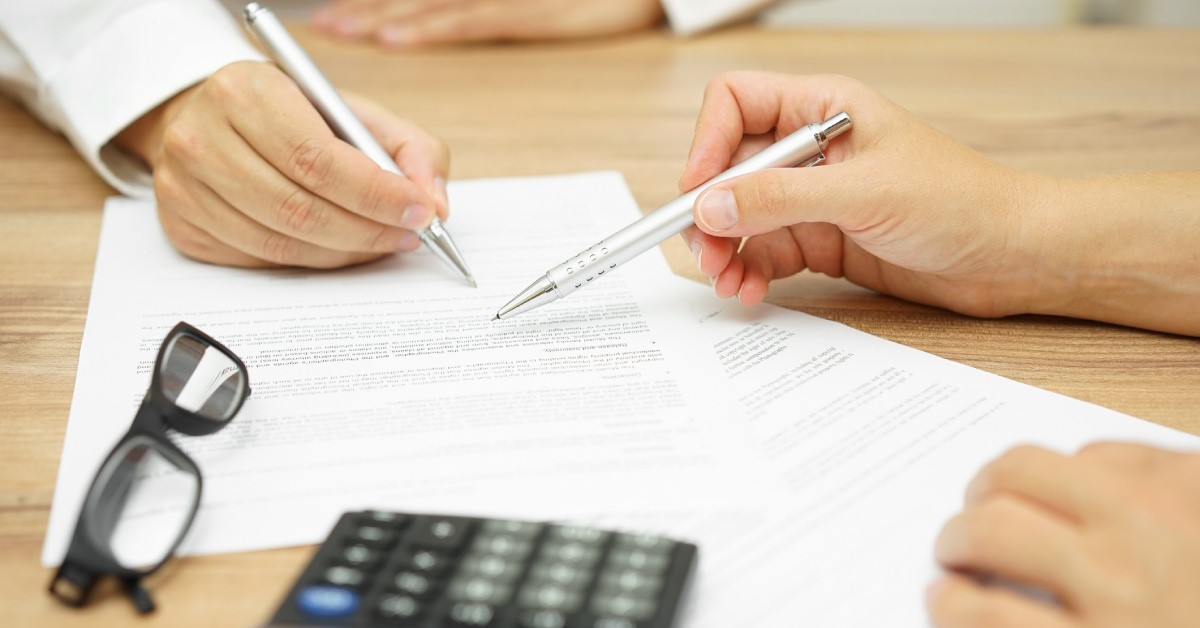Once you have made the important decision to take control of your financial future by buying a business, you are bound to have questions about the purchasing process. Although the process of buying a business can be a bit confusing, answering five key questions even before you start your ""Buying a Business Checklist"" can help you simplify some issues and make the best choices.
- How do I decide which business to buy? Leveraging your past experience and expertise is a good place to start when deciding which type of business to buy. Business broker web sites typically list numerous businesses for sale in various industries, and in many geographic locations. For example, Transworld Business Advisors has an online database of about 4,000 businesses for sale in a wide variety of industries. You may need to evaluate what your strengths and weaknesses are as well as research industries where you have an interest.
- What do I look for in a business that I would like to buy? The business that you would like to buy should be a known entity with a proven formula for success. This means that the business has a strategic direction, an established customer base, and is a springboard for growth. You should be able to review its complete financial history, as well as its current financial position. You also should be provided with information to understand the extent of its client base.
It's also important to work with sellers who will help you transition into the business and provide training. - How do I know that the information the owner is providing me about the business is true?
As part of the acquisition process, you will have to go through ""due diligence."" During this period, the seller is required to present documents to verify his profit numbers and other figures. This is your opportunity to ask questions and make sure everything is as it appears. - How much money do I need to purchase a business? Businesses vary in price a great deal, however, it would be unlikely that one could buy a business with much less of a down payment than $50,000.
While buying a small business can be a large investment, buyers are likely to receive loans from lending institutions or the seller when buying an existing, profitable small business. When banks are able to see the historical earnings of an established business, they are more likely to help fund your transaction and may loan up to 80% of the purchase price through a loan sponsored by the Small Business Administration. However, most often, sellers will provide a certain amount of owner financing as bank financing is often not available.
If you work with a business broker like Transworld Business Advisors to locate a business that is right for you to buy, their fees are generally paid by the seller, not the buyer. However, other costs, such as professional services fees, do come into play. - What skills will I have to hire? Buying a business can be a complicated venture. While some businesses are sold without the help of accountants and attorneys, it is strongly recommended that you engage these professionals. You may want to rely on their expertise to help you double check all of the documents you are presented with and seek their guidance if questions arise.

